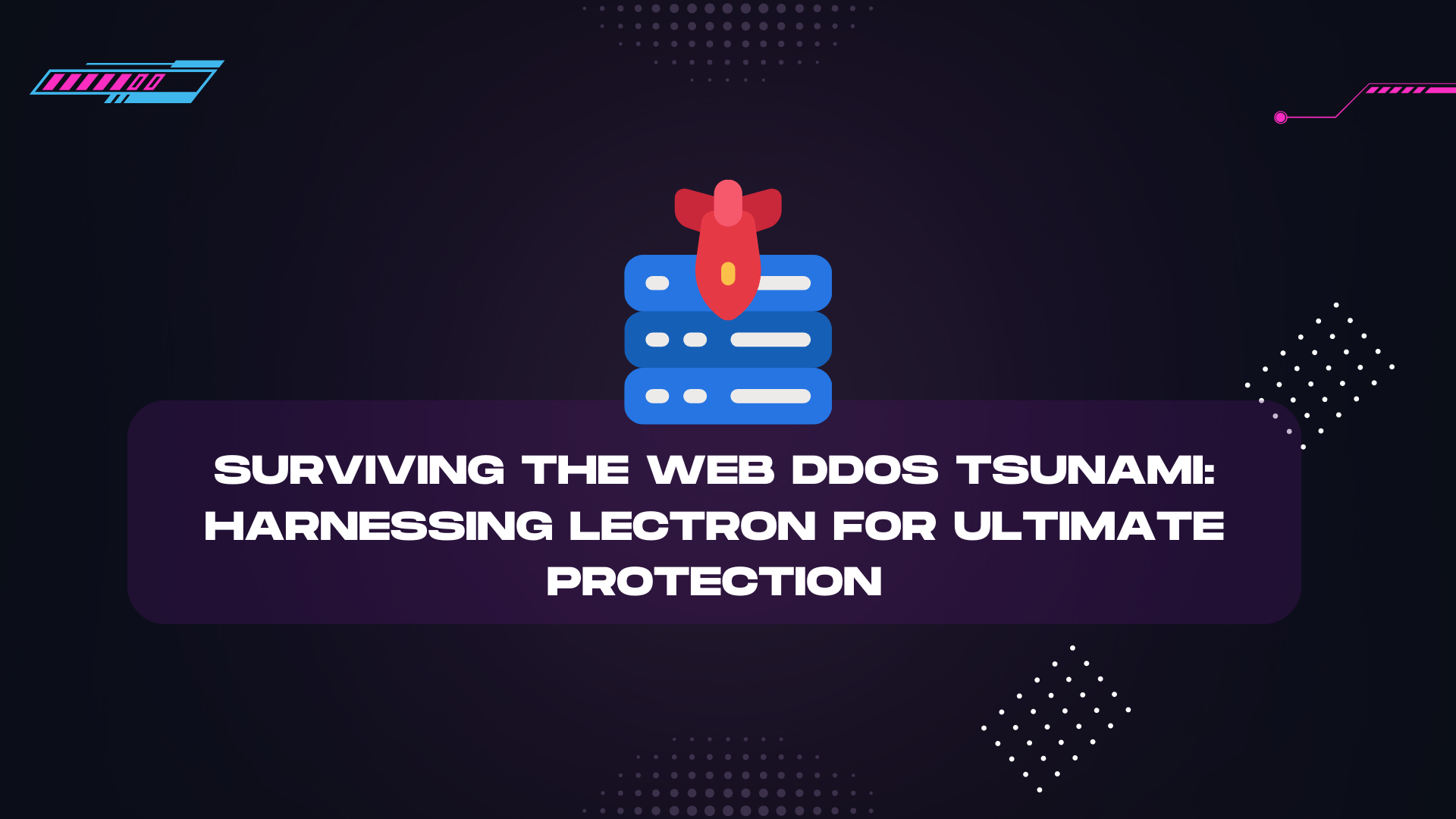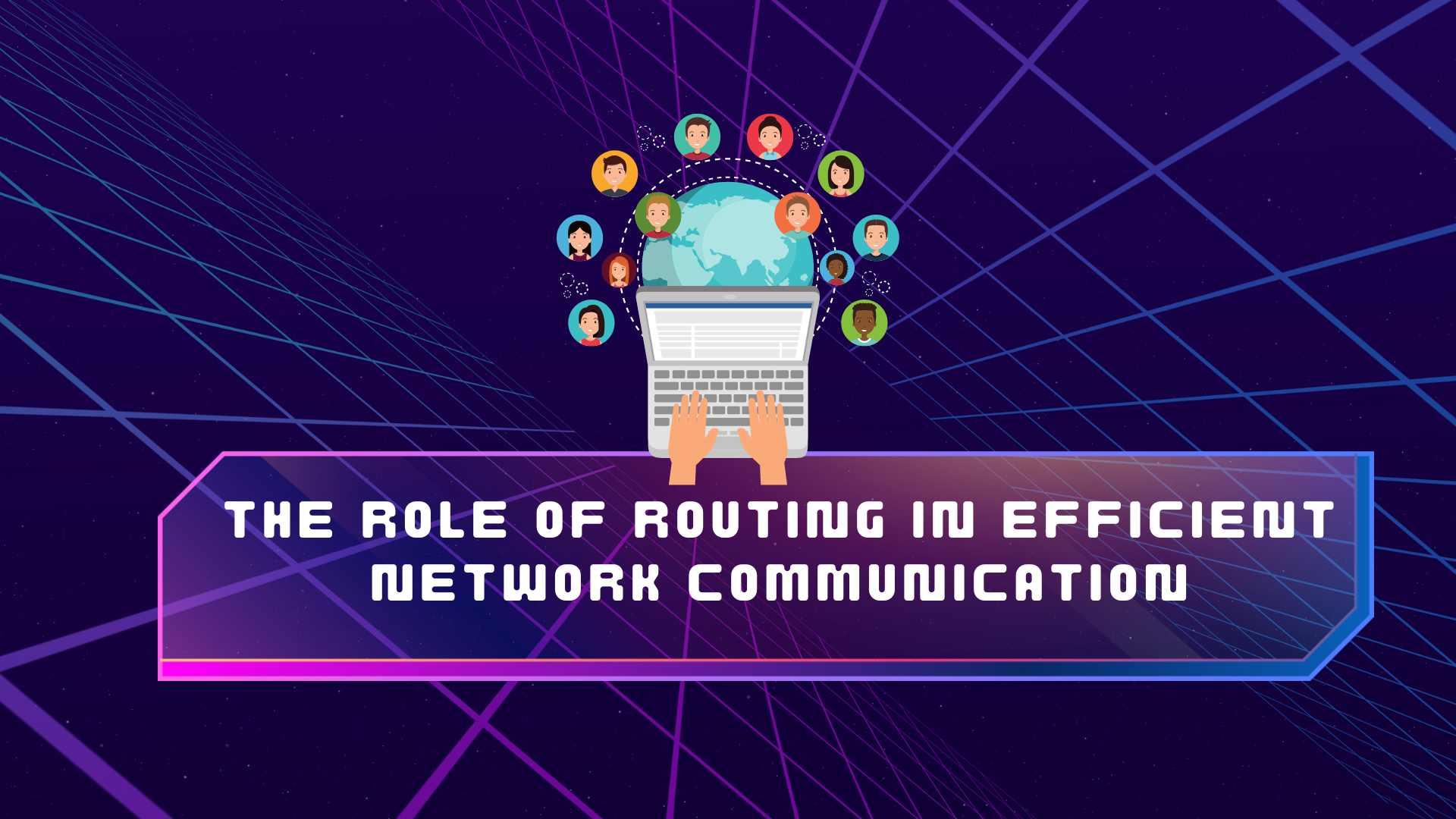The primary goal of a DDoS attack is to overwhelm a website or network with a flood of traffic, rendering it inaccessible to legitimate users. While the motivations behind these attacks can vary, there is often an economic element at play. In this blog, we will explore the economic motivations behind DDoS attacks and the costs they can inflict on businesses.
Economic Motivations Behind DDoS Attacks
DDoS attacks can be motivated by a range of factors, including ideological or political motivations, personal grudges, or pure mischief. However, in many cases, DDoS attacks are driven by financial gain. There are several ways in which attackers can profit from DDoS attacks, including:
- Ransom Demands – Attackers may demand a ransom in exchange for stopping the attack. This can be a particularly effective tactic when businesses are facing significant losses due to the attack, such as during a busy holiday shopping season or a high-profile event.
- Competitive Advantage – In some cases, DDoS attacks may be used as a way to gain a competitive advantage over a rival business. By taking down their competitor’s website, an attacker can drive traffic to their own site, potentially gaining more customers and sales.
- Extortion – Attackers may threaten to launch a DDoS attack unless a business pays a fee or agrees to certain demands. This type of extortion can be particularly damaging to businesses that rely heavily on their online presence, such as e-commerce sites or online banking platforms.
- Market Manipulation – In some cases, DDoS attacks may be carried out to manipulate the market. For example, an attacker may launch an attack on a financial institution or stock trading platform, causing chaos in the markets and potentially profiting from the resulting volatility.
Costs of DDoS Attacks to Businesses
Regardless of the motivation behind the attack, the costs of a DDoS attack can be significant for businesses. These costs can include:
- Lost Revenue – When a website or network is taken offline by a DDoS attack, businesses can lose significant amounts of revenue. For e-commerce sites, this can be particularly devastating, as they may miss out on crucial sales during peak periods.
- Damage to Reputation – DDoS attacks can also damage a business’s reputation, particularly if they are unable to respond quickly and effectively to the attack. This can lead to a loss of customer trust and loyalty, as well as potential legal and regulatory consequences.
- Mitigation Costs – Businesses may also incur significant costs in mitigating the effects of a DDoS attack. This can include investing in additional infrastructure to handle large volumes of traffic, hiring specialized security experts, and investing in advanced software and hardware solutions to prevent future attacks.
- Legal and Regulatory Costs – Depending on the nature of the attack and the industry in which the business operates, there may be legal and regulatory costs associated with a DDoS attack. This can include fines and penalties for failing to adequately protect customer data or failing to respond appropriately to a cyber attack.
- Business Interruption – Finally, DDoS attacks can also cause significant business interruption, preventing employees from accessing critical systems and causing delays and disruptions to business operations. This can have knock-on effects on productivity and profitability, potentially leading to further financial losses.
Preventing DDoS Attacks and Mitigating Their Effects
Given the potential costs of DDoS attacks to businesses, it is essential to take proactive steps to prevent and mitigate their effects. Some key strategies for preventing DDoS attacks include:
- Investing in Robust Security Infrastructure – Businesses should invest in robust security infrastructure to prevent DDoS attacks. This can include deploying firewalls, intrusion detection systems, and other security tools designed to identify and block malicious traffic.
- Monitoring Network Traffic – By monitoring network traffic, businesses can detect anomalies and patterns that may indicate a potential DDoS attack. This can enable them to take action before the attack becomes too severe.
- Deploying Content Delivery Networks (CDNs) – CDNs can help businesses manage high volumes of traffic, distributing it across multiple servers and locations to prevent overload. This can help mitigate the effects of a DDoS attack and keep a website or network accessible to legitimate users.
- Developing a Response Plan – Businesses should develop a comprehensive response plan for dealing with DDoS attacks. This should include steps for identifying and containing the attack, communicating with customers and stakeholders, and implementing mitigation strategies.
- Regularly Testing Security Systems – Businesses should regularly test their security systems and infrastructure to ensure that they are effective at preventing and mitigating DDoS attacks. This can include conducting regular vulnerability assessments and penetration testing to identify potential weaknesses in their systems.
Conclusion
DDoS attacks can be financially motivated, driven by a desire to extort money, gain a competitive advantage, or manipulate the market. Regardless of the motivation, these attacks can have significant costs for businesses, including lost revenue, damage to reputation, mitigation costs, legal and regulatory costs, and business interruption. To prevent and mitigate the effects of DDoS attacks, businesses should invest in robust security infrastructure, monitor network traffic, deploy CDNs, develop a response plan, and regularly test their security systems. By taking these steps, businesses can protect themselves from the economic impacts of DDoS attacks and ensure the continued accessibility and reliability of their online services.




